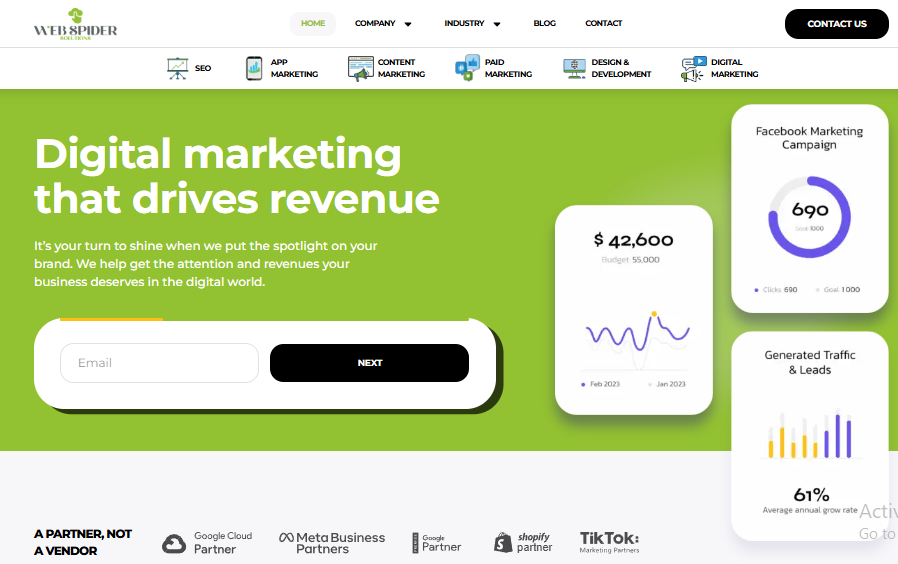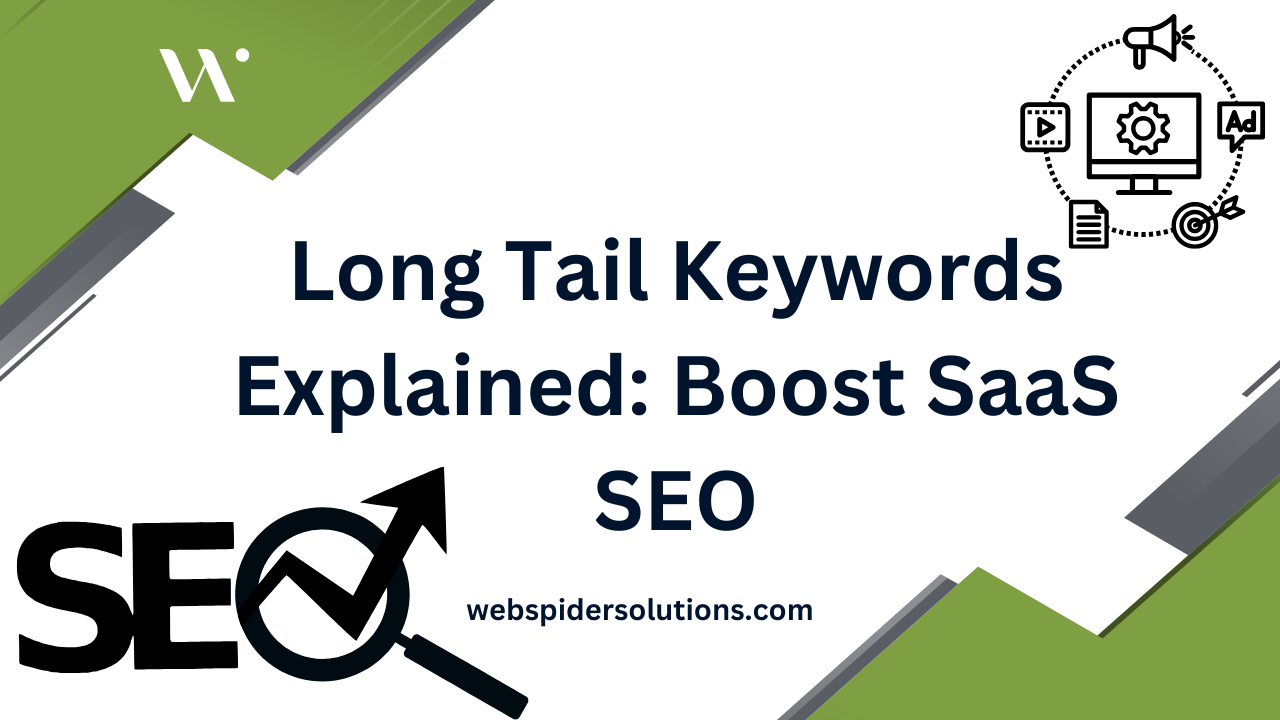Branding can seem like a simple logo or a catchy name that startups toss around. Yet, research shows strong branding can increase customer trust and recognition by over 80 percent in competitive markets. Most new businesses think a sleek design is enough but the real secret is how a carefully crafted brand story can turn a small startup into a market frontrunner almost overnight.
Table of Contents
- What Is Branding And Why Is It Important For Startups?
- The Role Of Brand Identity In Startup Success
- How Brand Positioning Affects Market Perception
- Key Elements Of Effective Branding For Startups
- Real-World Examples Of Successful Startup Branding
Quick Summary
| Takeaway | Explanation |
|---|---|
| Branding is a strategic process. | It involves creating a unique identity that communicates values and differentiation in the market. |
| Effective branding builds credibility. | A strong brand fosters trust and recognition, attracting customers and investors alike. |
| Emotional connections drive customer loyalty. | Startups should focus on developing a brand story that resonates emotionally with their target audience. |
| Consistent messaging enhances brand identity. | Maintaining a uniform narrative across all touchpoints reinforces core values and strengthens brand perception. |
| Understanding your audience is crucial. | Deep insights into customer needs empower startups to articulate their unique value proposition effectively. |
What is Branding and Why is it Important for Startups?
Branding represents far more than a simple logo or visual design. For startups, it is the strategic process of creating a unique identity that communicates a company’s core values, mission, and differentiation in the marketplace. Learn more about strategic brand development to understand how startups can effectively establish their market presence.
Defining Branding Beyond Visual Elements
At its core, branding is a comprehensive narrative that tells potential customers who you are, what you stand for, and why they should choose your startup over competitors. According to research from OpenStax, branding encompasses the image a company promotes and the emotional connections it creates with its target audience.
Effective branding for startups involves several critical components:
- Consistent Visual Identity: Creating a cohesive look across all platforms
- Clear Value Proposition: Articulating what makes your startup unique
- Emotional Resonance: Developing a brand story that connects with customers
Strategic Importance for Startup Success
Startups operate in highly competitive environments where differentiation can mean the difference between success and obscurity. Branding serves as a powerful tool to:
- Build credibility and trust with potential customers
- Create memorable and recognizable market positioning
- Attract investors and potential talent
- Establish an emotional connection beyond product features
By investing time and resources into developing a strong brand strategy, startups can communicate their unique value proposition effectively. This approach transforms a simple business concept into a compelling narrative that resonates with target audiences, setting the foundation for long-term growth and market recognition.
Below is a table summarizing key components of effective branding for startups and their explanations, helping clarify how each contributes to a successful branding strategy.
| Component | Description |
|---|---|
| Consistent Visual Identity | Cohesive look across platforms, including logo and design |
| Clear Value Proposition | Unique aspects that set the startup apart from competitors |
| Emotional Resonance | Brand story that connects emotionally with the target audience |
| Messaging Framework | Voice, tone, and core communication style |
| Purpose and Vision | Mission and goals beyond profit |
| Target Audience Understanding | In-depth knowledge of customer needs and motivations |
The Role of Brand Identity in Startup Success
Brand identity represents the strategic heartbeat of a startup’s market positioning. It goes beyond mere visual aesthetics, serving as a critical mechanism for communicating a company’s fundamental values, personality, and unique market proposition. Explore our comprehensive guide to brand development to understand how startups can craft a compelling narrative.
Understanding Brand Identity Components
A robust brand identity consists of interconnected elements that work together to create a cohesive and memorable corporate persona. According to research from StartUpNV, these components help startups establish meaningful connections with their target audience.
Key components of a powerful brand identity include:
- Visual Design: Logos, color schemes, typography
- Messaging Framework: Voice, tone, communication style
- Emotional Positioning: Core values and mission statement
Strategic Impact on Business Performance
A well-crafted brand identity does more than attract attention. It serves as a strategic asset that can significantly influence a startup’s trajectory. By creating a distinctive and authentic brand narrative, startups can:
- Differentiate themselves in crowded market segments
- Build rapid trust with potential customers
- Attract investor interest and strategic partnerships
- Create emotional resonance beyond product functionality
Successful brand identity transforms a startup from a mere business entity into a memorable, relatable organization. It provides a competitive edge by helping potential customers understand not just what the company does, but why it exists and how it can solve their specific challenges.

How Brand Positioning Affects Market Perception
Brand positioning serves as the strategic foundation that determines how potential customers understand and interpret a startup’s unique value in the marketplace. By carefully crafting a distinctive market narrative, startups can dramatically influence how their target audience perceives their brand, products, and overall business proposition. Discover strategic brand positioning techniques to transform your market approach.
The Psychology of Brand Perception
Market perception emerges from the complex interaction between a startup’s communication strategies, visual identity, and the emotional resonance of its brand narrative. According to research from ResearchGate, brand positioning directly influences consumer decision-making by creating cognitive and emotional touchpoints that guide purchasing behavior.
Key psychological factors that shape brand perception include:
- Emotional Triggers: Connecting with audience’s core values and aspirations
- Cognitive Associations: Creating mental shortcuts that define brand identity
- Trust Signals: Demonstrating credibility and reliability
Strategic Implications for Startup Growth
Effective brand positioning transcends simple marketing tactics. It represents a fundamental approach to communicating a startup’s unique market value, enabling businesses to:
- Differentiate themselves from competitors
- Attract and retain target customer segments
- Command premium pricing through perceived value
- Build long-term customer loyalty and advocacy
By understanding and strategically managing market perception, startups can transform their brand from an unknown entity into a recognized and trusted market player. This approach requires continuous refinement, deep audience understanding, and a commitment to authentic, consistent communication that resonates with target customers’ needs and expectations.
Key Elements of Effective Branding for Startups
Branding is not a one-time activity but a strategic, continuous process that requires careful planning and execution. For startups, developing a robust brand strategy is crucial in establishing market credibility and differentiating themselves from competitors. Learn comprehensive brand development strategies to transform your startup’s market approach.
Foundational Brand Elements
A successful startup brand is built on a set of interconnected components that work together to create a cohesive and compelling narrative. These foundational elements go beyond superficial design and delve into the core of what makes a startup unique and memorable. According to entrepreneurship research, effective branding requires a holistic approach that integrates multiple strategic dimensions.
Critical foundational elements include:

- Purpose and Vision: Clearly articulated mission that goes beyond profit
- Target Audience Understanding: Deep insights into customer needs and motivations
- Unique Value Proposition: Distinctive benefit that sets the startup apart
Strategic Brand Communication
Effective brand communication is about creating a consistent and authentic narrative across all touchpoints. Startups must develop a communication strategy that:
- Maintains consistent messaging across platforms
- Reflects the startup’s core values and personality
- Adapts to evolving market dynamics and customer feedback
- Builds emotional connections beyond transactional interactions
Successful brand communication transforms a startup from an anonymous entity into a relatable, trustworthy organization. By crafting a narrative that resonates with target audiences, startups can accelerate their market penetration and build lasting customer relationships.
Real-World Examples of Successful Startup Branding
Startup branding extends far beyond creating a memorable logo or catchy tagline. It involves developing a comprehensive narrative that resonates with target audiences and differentiates the company in a competitive marketplace. Explore transformative branding case studies to understand strategic brand development approaches.
Innovative Branding Strategies
Some startups have distinguished themselves through exceptional branding approaches that transcend traditional marketing techniques. According to Harvard Business Review, successful brand building requires a combination of authentic storytelling, consistent messaging, and deep customer understanding.
Key characteristics of successful startup branding include:
- Compelling Narrative: Creating an engaging story that connects emotionally
- Authentic Voice: Developing a genuine communication style
- Consistent Experience: Maintaining brand integrity across all platforms
Transformative Brand Case Studies
Several startups have demonstrated remarkable branding prowess by implementing innovative strategies that capture market attention and build lasting customer loyalty:
- Airbnb: Transformed travel accommodations by positioning itself as a community-driven platform that offers unique, personalized experiences
- Spotify: Revolutionized music consumption by creating a brand centered on personalization and discovery
- Slack: Repositioned workplace communication from a mundane necessity to an engaging, collaborative experience
These examples illustrate how strategic branding can elevate a startup from an unknown entity to a market leader. By focusing on creating meaningful connections, understanding customer needs, and maintaining a consistent brand narrative, startups can develop powerful brand identities that drive growth and customer loyalty.
This table organizes well-known startup branding case studies and highlights the innovative strategy that set each apart, making it easy to see how branding fueled their success.
| Startup | Branding Strategy Description |
|---|---|
| Airbnb | Positioned as a community-driven platform offering unique and personalized travel experiences |
| Spotify | Focused on personalization and discovery to revolutionize digital music consumption |
| Slack | Shifted workplace communication toward a collaborative and engaging experience |
Ready to Transform Your Startup’s Branding Into Tangible Growth?
You have learned how brand identity and market positioning are critical for startup success. But getting strategic branding right can be overwhelming, especially when you need to stand out, build trust, and create a consistent narrative in a crowded market. These are challenges most founders face when moving from branding theory to actual results. If you are ready to see real stories of growth and explore actionable solutions, visit our Stories Archives for inspiration from businesses like yours.

Your startup deserves a brand that does more than look good. It should drive results, attract the right customers, and fuel sustainable growth. The Web Spider Solutions team specializes in branding, digital visibility, and long-term strategy for ambitious startups. Do not let your message get lost. Start your journey to powerful branding and measurable digital success today by reaching out for a personalized consultation.
Frequently Asked Questions
What is branding and why is it important for startups?
Branding is the process of creating a unique identity that communicates a startup’s core values and market differentiation. It’s important for startups because it builds credibility, attracts customers, and establishes emotional connections that contribute to long-term growth.
What are the key components of effective branding for startups?
Key components include a consistent visual identity, a clear value proposition, engaging emotional resonance, and strategic brand communication that reflects the startup’s core values and mission.
How does brand identity impact a startup’s success?
Brand identity creates a distinctive market persona that helps startups differentiate themselves, build trust with customers, attract investors, and foster long-term loyalty through authentic storytelling and consistent messaging.
What role does brand positioning play in consumer perception?
Brand positioning defines how potential customers perceive a startup’s unique value in the market. It influences purchasing decisions by establishing emotional and cognitive associations, thereby enhancing overall brand visibility and desirability.











